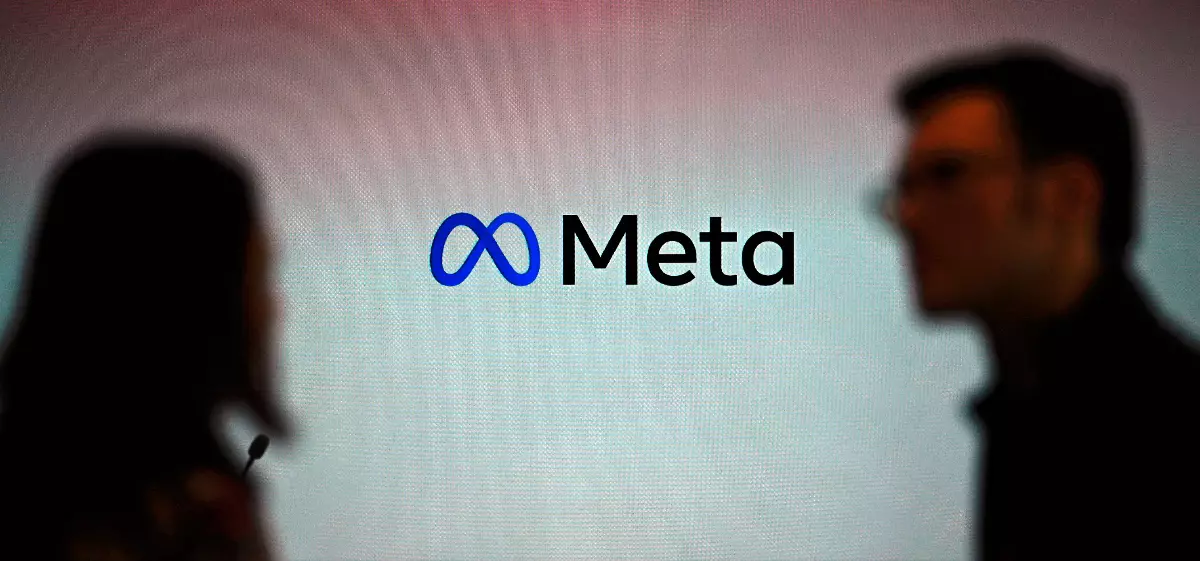Meta’s recent update on how it plans to comply with the Digital Markets Act (DMA) has garnered attention, especially in the realm of messaging apps like Messenger and WhatsApp. The European law aims to promote competition in digital marketplaces, and Meta’s approach to this legislation is crucial for the future of its messaging platforms.
Meta’s commitment to providing an option for interoperable third-party messaging services and apps within WhatsApp and Messenger is a step in the right direction. By building notifications into the apps to inform users about these integrations and alerting them when a new compatible third-party app is available, Meta is striving to enhance user experience and promote competition.
The introduction of an onboarding flow in WhatsApp and Messenger, where users can learn more about third-party chats and easily switch them on, is a user-friendly approach. Users will have the option to set up a designated folder for third-party messages or opt for a combined inbox, adding a level of customization to their messaging experience.
Meta’s roadmap for the rollout of group functionality for third-party chats in 2025 and voice and video calling in 2027 aligns with the DMA requirements. Additionally, the promise of bringing “rich messaging” features to WhatsApp and Messenger for third-party chats, such as reactions, direct replies, typing indicators, and read receipts, shows a commitment to innovation and user engagement.
While Meta’s efforts to comply with the DMA are commendable, there are challenges that lie ahead. It remains unclear whether other major messaging operators, such as Viber and Telegram, will support the interoperability features. The requirement for end-to-end encryption in WhatsApp could also pose technical obstacles, and the need for companies to sign agreements with Meta for integration raises questions about transparency and accessibility.
Meta’s compliance with the DMA’s messaging-related clauses may be overshadowed by allegations of violating other components of the legislation. The “pay or consent” ad model, which gives EU users of Facebook and Instagram a choice between a paid ad-free experience or a free ad-supported version, has raised concerns from the European Commission. Ensuring full compliance with all aspects of the DMA will be crucial for Meta moving forward.
Meta’s efforts to comply with the Digital Markets Act represent a strategic move to promote competition and enhance user experience in the realm of messaging apps. While there are challenges and criticisms to address, Meta’s commitment to innovation and collaboration with third-party services will shape the future of WhatsApp and Messenger. Adhering to the regulations set forth by the DMA while also prioritizing user privacy and security will be key considerations for Meta as it navigates the evolving landscape of digital markets.

